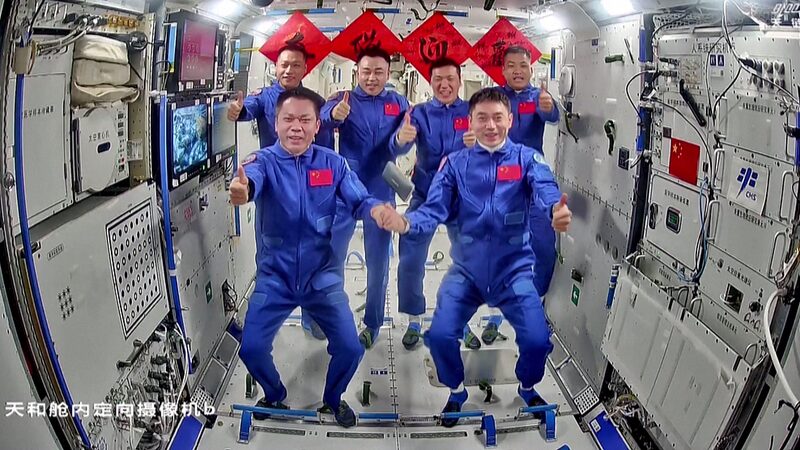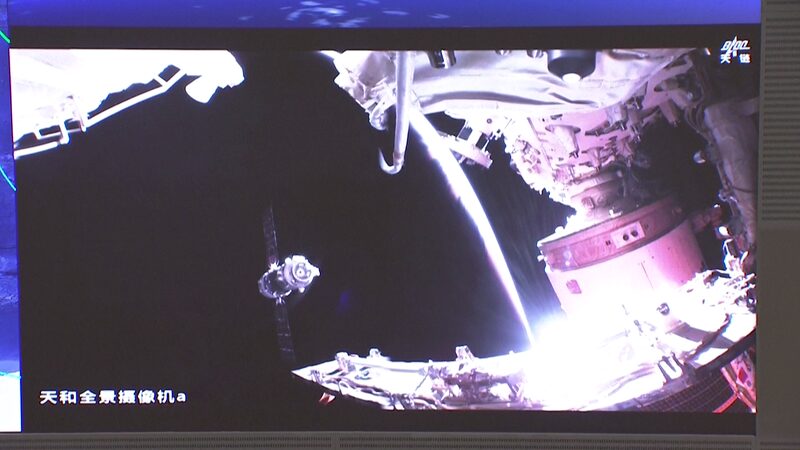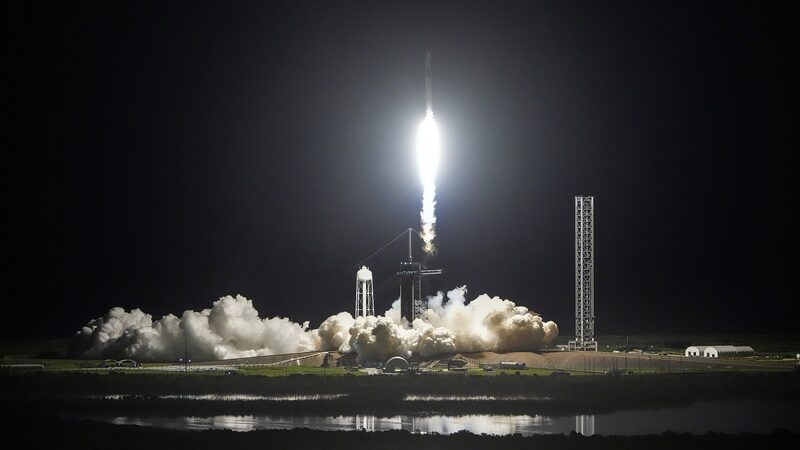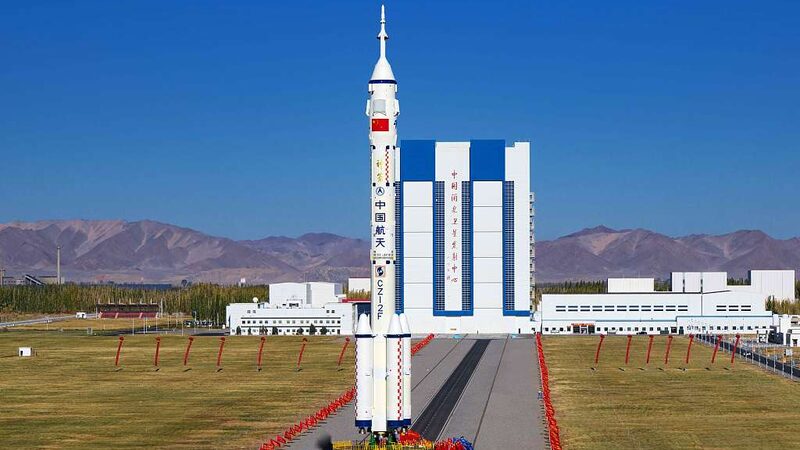China’s Shenzhou-17 manned spacecraft separated from the country’s space station on Tuesday, marking the beginning of the return journey for astronauts Tang Hongbo, Tang Shengjie, and Jiang Xinlin. The trio are expected to land safely back on Earth after completing their mission aboard the China Space Station, according to the China Manned Space Agency.
On Sunday, the Shenzhou-17 crew conducted a ceremonial handover with the incoming Shenzhou-18 crew, officially transferring control of the space station. This event signifies the seamless continuation of China’s manned space program and highlights the success of the Shenzhou-17 mission.
Having completed all their planned tasks during their time in orbit, the Shenzhou-17 astronauts are scheduled to return to Earth on April 30. Their mission has contributed to China’s growing expertise in long-duration spaceflight and the ongoing development of the country’s space station.
Reference(s):
Shenzhou-17 manned spacecraft separates from China's space station
cgtn.com








